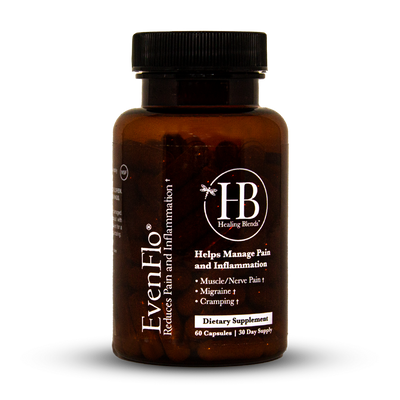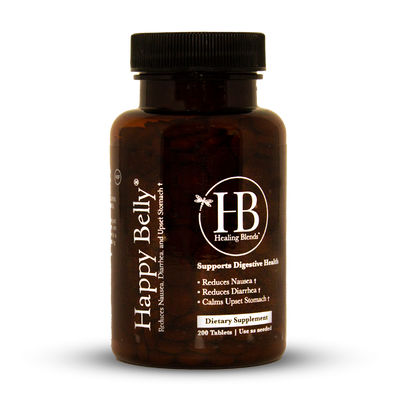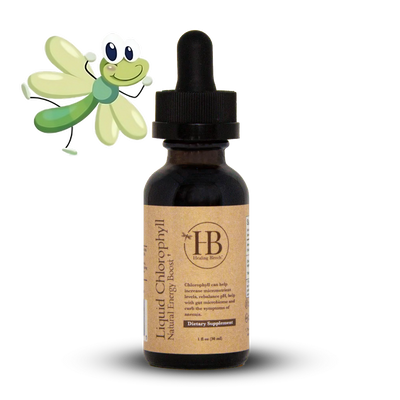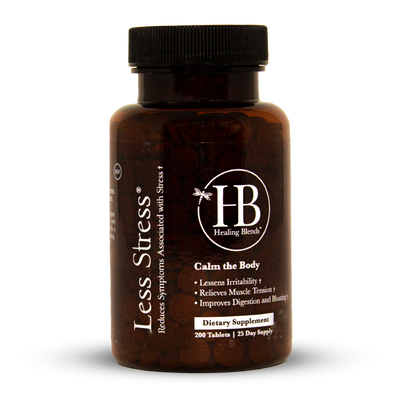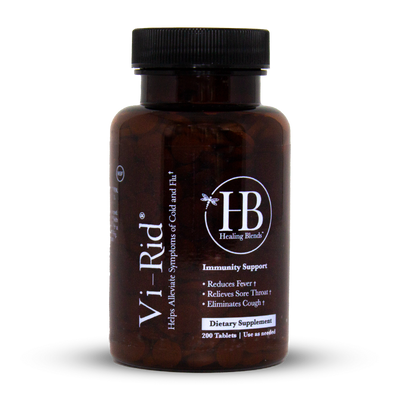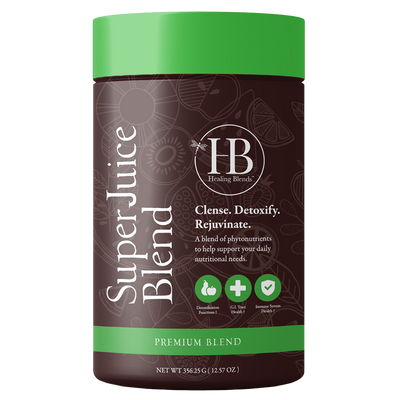Health Benefits of Licorice
Licorice, or scientifically known as glycyrrhiza, comes from the root words “glukos” and “rizza” which literally means “sweet root”. It is a century-old perennial medicinal herb widely used in ancient civilizations in the Mediterranean regions, India, China, and Greece. Written accounts found in Assyrian clay tablets show that early people use the herb in treating various diseases.
The herb comes in two varieties, the glycyrrhiza glabra and the Chinese type, glycyrrhiza uralensis. Although different in species, both possess the same health benefits. As to its characteristics, the plant is several times sweeter than regular sugar, making it a very popular sweetener in candies. Some drug companies also use it to mask the bitter taste of medicines.
What are the active compounds present in licorice?
Studies involving licorice root show that the glabra variety contains 134 compounds, while the Chinese type has 170. But of these, the flavonoids, triterpenoids, stilbenoids, and coumarins are the most important in boosting its medicinal properties.
- Flavonoid is a proven compound used against inflammation. It also has a powerful anti-oxidant property known to increase the body’s basal metabolism. Flavonoids have also been used as phytoestrogen that mimics the action of female hormones.
- Coumarin and stilbenoids have both potent anti-inflammatory and antibacterial actions.
- Triterpenoids have a natural steroid effect making it effective against inflammatory symptoms.
What are the health benefits of licorice root?
Licorice is one of the most studied medicinal plants. It has been the topic of countless scientific studies and many of these have been published in peer-reviewed journals. One study that appeared in the Asian Pacific Journal of Tropical Disease explored the health effects and uses of the plant and results are promising.
In Chinese medicine, licorice is used as a “guide drug” to help other adaptogens boost their health benefits and direct the herbs to areas where they are most needed. FDA even issued a notice to the public that extracts contain potent ingredients and should not just be used as a sweetener. Apart from its roots, the leaves of the plant were also found to be beneficial.
Researches are continuously being conducted to further prove the claims of herbalists as to the healing powers of licorice root. Here are some of the conditions treated by licorice roots:
Stomach Ulcer
Licorice roots have been found to benefit individuals who frequently encounter gastrointestinal upsets. The antibacterial property of the herb is effective against stomach ulcers caused by the bacterium, Helicobacter pylori. To prove the claim, a study used a rat model to test the anti-ulcer activity of the plant. The researchers measured the ulcer index, gastric content, and acidity as indicators. After exposure to various dosages, there was a notable improvement and results supported the use of licorice in the treatment of gastric ulcers.
Respiratory problems
Cough, bronchitis, sore throat are common respiratory problems. Using licorice root extracts provide a remedy to these common health problems. Licorice root loosens the thick mucus attached to the respiratory passages. Even the German Standard License and British Herbal Compendium approve its use in treating the irritated mucous membrane to ease cough and cold congestion.
For patients with a postoperative sore throat, using licorice as a mouthwash help relieve inflammation and prevent bacterial infections.
Viral infections
Several studies have been conducted to determine the anti-viral property of licorice. In all these researches including the one published in Phytotherapy Research Volume 2, the plant has shown potent activity against different viruses like hepatitis. Other studies link it as effective against SARS-coronavirus, herpes, and influenza. The component, triterpenoids is responsible for its potent action against viruses. In Japan, doctors use the injectable form of glycyrrhizin to patients who do not respond to regular treatments for hepatitis C. These clinical pieces of evidence show that the plant has promising potential in treating various viral infections.
Bacterial Infections
Licorice extracts also possess anti-bacterial properties making it very effective against other microbial infections. According to a study published in the Iranian Journal of Pharmaceutical Research, the plant acts against Staphylococcus aureus, a common skin pathogen. There are also studies conducted in the laboratories on how glycyrrhizin helps kill mouth bacteria that cause tooth decay. With further researches, this can be another breakthrough in the field of dental medicine.
Menopausal Symptoms
Extracts of the licorice root have shown to possess hormone-like properties. When used by menopausal women, licorice roots are able to reduce the symptoms of menopause like hot flashes, mood swings, anxiety, and insomnia. One clinical trial that appeared in Health Care for Women International showed that licorice supplement was a better hormone replacement therapy compared with other drugs.
Stress
Licorice is also well-known as an adaptogen. Its extracts are effective in helping the adrenal glands manage stressful conditions. It helps regulate the level of cortisol in the body as noted in the medical journal, Molecular and Cellular Endocrinology. With the help of this adaptogen, you can give your adrenal glands a break and prevent the condition called adrenal fatigue.
Inflammation
Any disease involving inflammation could benefit from licorice root herbal supplement. The active compounds like flavonoid, coumarin, stilbenoids, and triterpenoids all have anti-inflammatory properties that prevent swelling in various areas of the body. Several scientific studies have proven the anti-inflammatory effect especially among patients with arthritis.
What are the common ways to use licorice?
With the advances in drug manufacturing, you do not have to look for the actual plant to enjoy the benefits of the herb. There are available licorice tea, candies, capsules, and liquid extracts at most herbal stores. Proponents of alternative medicine recommend these various ways to enjoy the benefits of licorice.
- Use as a topical cream and mix with skin products
- Prepare herbal tea
- Mix with regular drinks
- Take it as capsule or tablet as recommended
Are there side effects when using licorice supplements?
While licorice roots offer countless benefits to humans, there are also notable side effects if the extracts are used improperly. Herbal experts recommend that you only take the supplements as recommended to avoid a condition called pseudoaldosteronism. This makes your adrenal cortex overly sensitive to hormones leading to side effects like fatigue, high blood pressure, low potassium level, seizures, and heart attack.
Similar to any drug, the herbal supplement should also be used with caution by pregnant and lactating women.
How do you prevent side effects from occurring?
The World Health Organization states that 100 mg per day is within the safe limits. But since many candies and supplements do not exactly identify the amount of glycyrrhiza in their product, it can be difficult to monitor the intake. Thus, when you buy supplements, look for manufacturers that state the amount in its label.
To avoid adverse reactions, you may also take the licorice supplements without glycyrrhizin called as the DGL (deglycyrrhized) supplements. They lower the risk of possible side effects, especially when consumed in large amounts. You should also not take the extracts for an extended period. Lastly, always consult your doctor if you are taking other medicines to avoid adverse drug interaction.
Final Thoughts
Licorice, or glycyrrhizin, is a century tested herbal medicine used in different parts of the world. Various clinical studies and laboratory tests have proven its health benefits. It can help manage certain conditions like bacterial and viral infections, stomach upsets, bronchitis, and inflammation. If science and thousands of years of experience have already proven its health uses, there should be no reason why you should still doubt its healing power.
When you have health issues and you want to go all-natural, the use of licorice roots is highly recommended.
Bonus: Dr. Ware recorded this video talking about licorice and why it's healthy for the body.
References:
"What are the benefits of licorice root?" via Medical News Today













